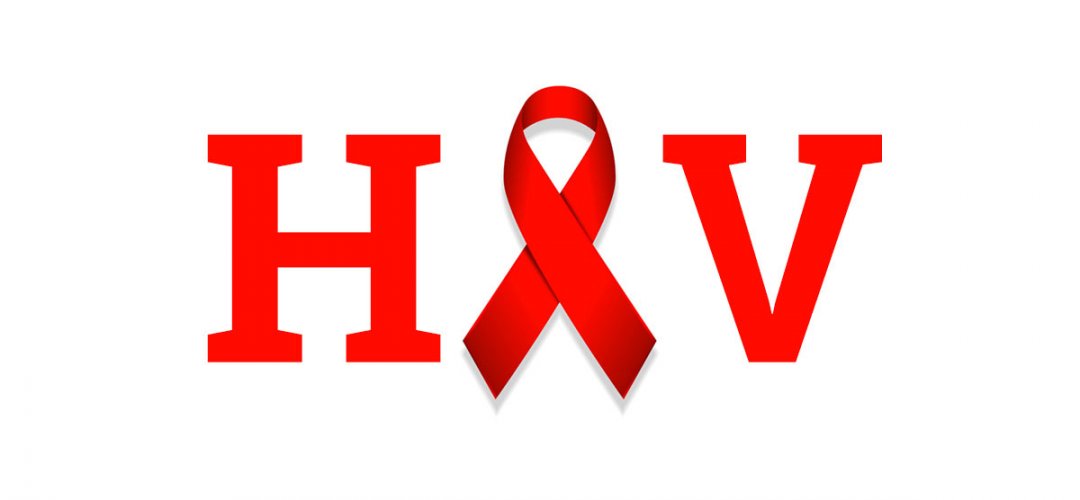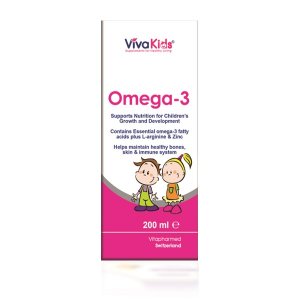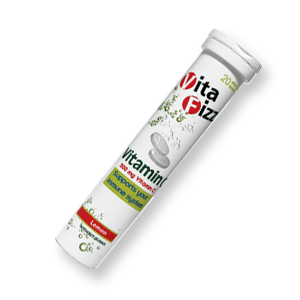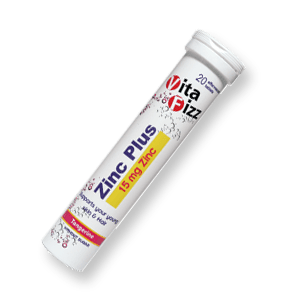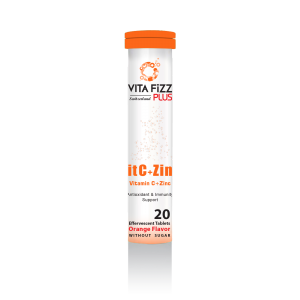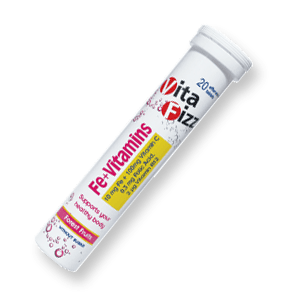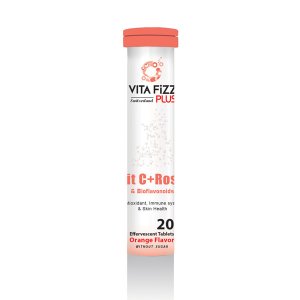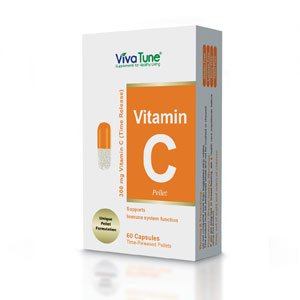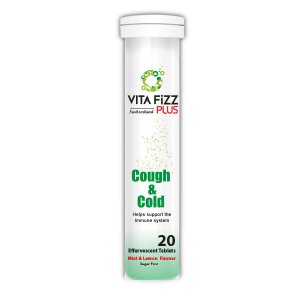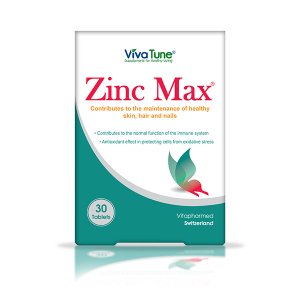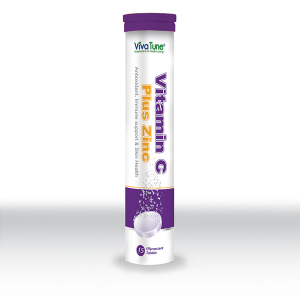- Blood (including menstrual blood)
- Semen and possibly pre-seminal fluid ("pre-cum")
- Vaginal secretions
- Breast milk
In order for HIV to be transmitted
- HIV must be present.
- HIV must get inside the body.
Sexual behaviors that can transmit HIV
- Vaginal sex
- Anal
- Oral sex
The risk of transmitting HIV is greatly reduced by using a condom.
Other ways that HIV can be transmitted
- Sharing needles when shooting drugs
- Home tattooing and body piercing
- Accidental needle sticks
- Blood transfusions
- Childbirth
- Breast-feeding
- Organ transplantation (if the donor organ is HIV infected)
It is important to know
- Most people with HIV infection do not look sick.
- Many people with HIV infection have not been tested and don't know they are infected.
It is important to remember that HIV is NOT transmitted through
- Saliva, tears, sweat, feces, or urine
- Hugging
- Kissing
- Massage
- Shaking hands
- Insect bites
- Living in the same house with someone who has HIV
- Sharing showers or toilets with someone with HIV
To avoid getting HIV
HIV is a virus that infects people by getting inside their blood cells. To avoid getting HIV, you must prevent the blood, semen, vaginal fluids, or breast milk of someone who is infected from entering your body through your mouth, vagina, anus, tip of your penis, or breaks in your skin.
http://hivinsite.ucsf.edu/hiv?page=basics-00-05
